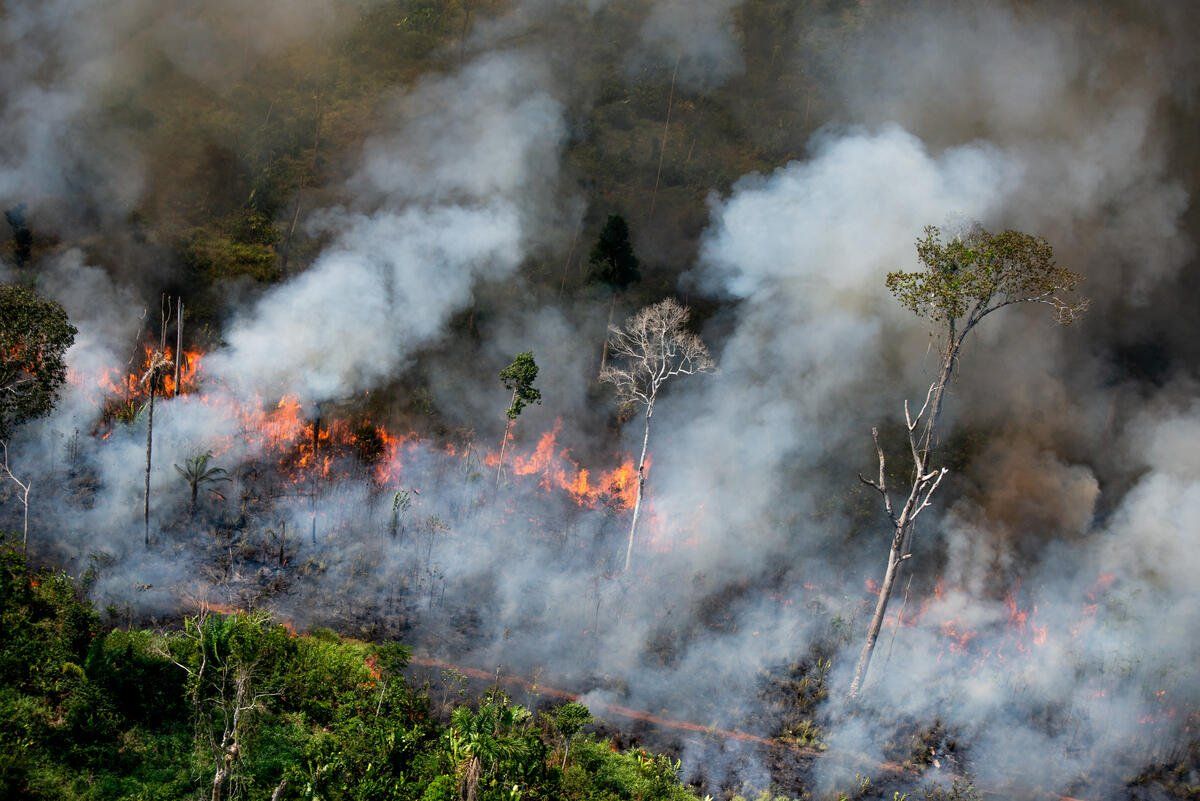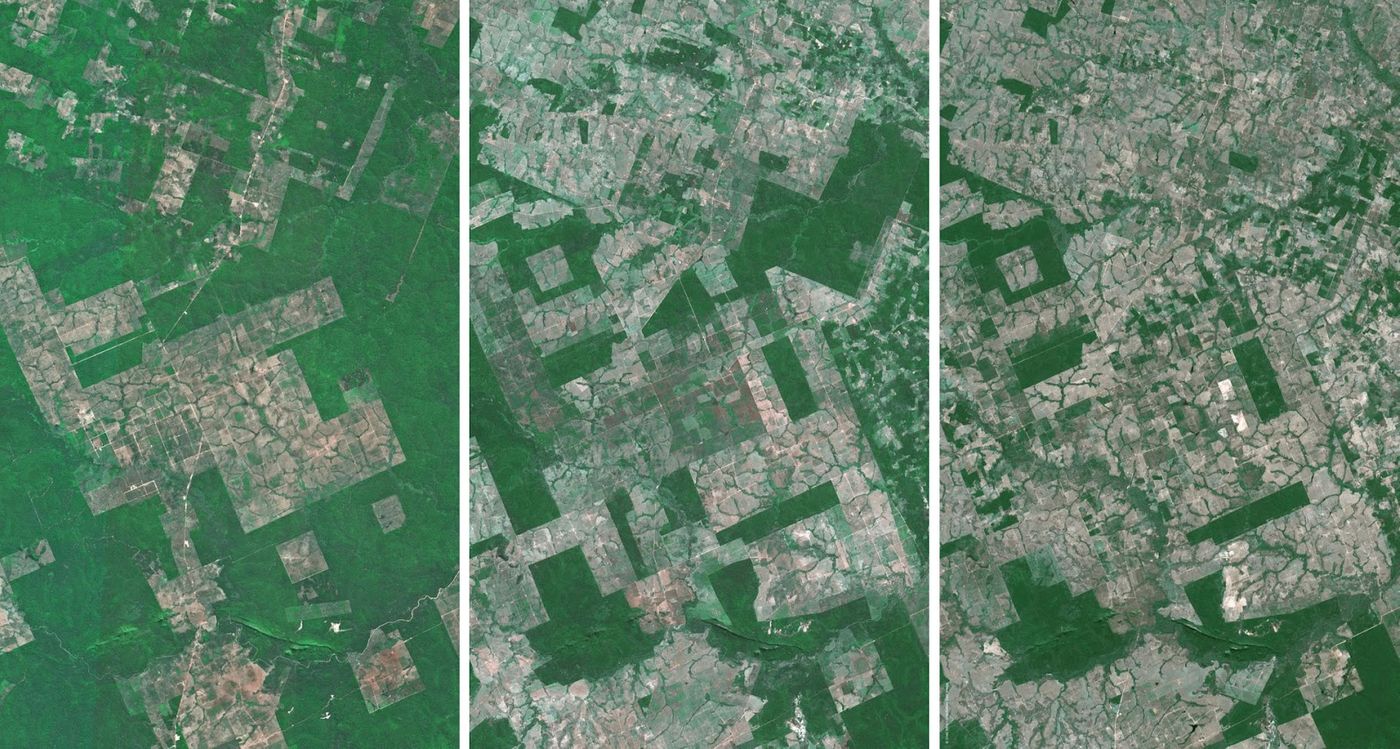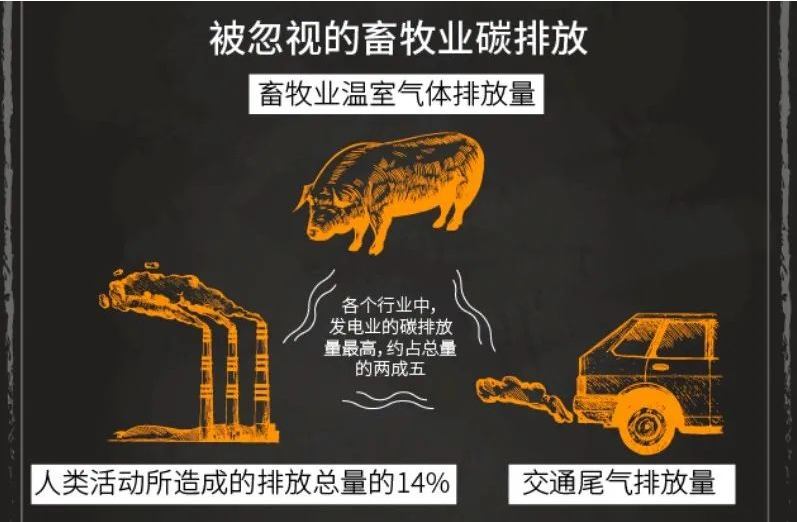Under the epidemic, the silent cry of the Amazon rainforest
I saw an article on the BBC earlier titled "The price the rainforest has paid for this epidemic".
When I saw the title, I felt very strange. How could the epidemic affect the rainforest?
As we all know, this COVID-19 pandemic has had varying degrees of negative impact on everyone, but I always thought that at least the pandemic was good for the environment, because when cities around the world were locked down to reduce the spread of the virus, various The use of transportation has been greatly reduced, so it is reasonable to say that the carbon emissions and air pollution index have decreased. Isn't that helping to slow down environmental pollution and reduce the burden on the rainforest?
After reading the article with doubt and curiosity, I realized that what I saw was just the tip of the iceberg of the big theme of environmental pollution. These slight improvements in the air pollution index due to the epidemic are limited to more developed urban areas and cities. However, for each tropical rainforest, the epidemic brought about a nightmare triggered by humans. A nightmare for the rainforest, but also for the Earth and other species.
I believe that everyone is familiar with the topic of "global warming". Global warming has always been an urgent and urgent global problem to be solved. In recent years, many countries have begun to view this issue with a more positive attitude. For example, the Paris Agreement signed in 2015 plans to hold a meeting every five years to allow countries to report and review their actions in reducing emissions. with progress.
The 2019 COVID-19 pandemic hit as countries struggled to make changes. To contain the outbreak, countries have had to impose urban lockdowns to reduce the spread of the virus. At that time, when I thought that the epidemic affected only human beings the most, in fact, the Amazon rainforest in Brazil was screaming silently!
"Through the microphones, we can hear the trees' last labored breaths . We really need to be able to hear the screams of these poor trees. These are suffering creatures. We need to hear them." - Plants Physiology professor Tim Brodribb.

rainforest
Rainforest is an extremely important part of the whole earth's ecology. Its main functions include regulating atmospheric composition, storing water, filtering water, purifying air, and regulating climate. Not only that, the rainforest also breeds a variety of precious and rare animals and plants. It is said that more ant species can be found in any bush in the Amazon rainforest than in the entire British Isles !
The Amazon is the largest rainforest in the world, and Brazil is the country with the largest area of Amazon rainforest, accounting for about 60% of the total Amazon rainforest area. It is worrying that the rainforests in various regions and Brazil are shrinking every year, especially since the Brazilian Prime Minister Jair Bolsonaro has continued to support the development of the Amazon rainforest for cultivation since he took office in 2019 to promote the country. The economy has caused the Amazon rainforest to shrink rapidly after he took office, and a large number of forest fires also occurred frequently during this period. This is suspected to be the result of loggers' burning to clear the rainforest and excessive deforestation .

How is Covid-19 affecting the Amazon rainforest?
Under the epidemic, governments of various countries have issued movement control orders and taken measures to reduce the risk of virus transmission. As a result, the effective law enforcement manpower originally responsible for supervising the rainforest nature reserve has been dispersed to the anti-epidemic side; and other non-profit organization personnel cannot be present for normal inspection work due to the control order. Can take advantage of, during this period they arbitrarily plunder precious forest resources. Among these activities are illegal land development, forest burning, illegal logging, illegal mining, animal smuggling, etc.
On the other hand, trade disruptions caused by the pandemic have also affected the rainforest to some extent. Some residents' incomes have been disrupted by trade disruptions , forcing them to turn to rainforest development for crop farming and animal husbandry to continue their livelihoods.
What if the situation continued to deteriorate?
The consequences of wanton destruction of tropical rainforests are unimaginable. Researchers predict that if the deterioration continues, by 2030, the Amazon rainforest will lose 25% of its trees; by 2035, the Amazon rainforest will stop becoming a carbon sink , and the carbon emissions produced by the world will not be absorbed and converted by the rainforest !
Why is this happening? Because when the rainforest shrinks and there are fewer trees, the rainforest cannot store water effectively, which leads to less rainfall and global warming. Some plants can't survive in the drier weather at first, and slowly wither. When dry weather meets dry plants, it is likely to cause forest fires, and carbon emissions will rise rapidly due to forest fires, further contributing to global warming. In this infinite cycle, the rainforest will eventually become a dead and barren desert. . .
It's a positive feedback loop, meaning that once a balance point is crossed, things only get worse and there's little to no recovery . Just think that if we wait until then to restore our precious rainforest, it will definitely be millions of times harder than starting now! !
What can we do now to help the Amazon rainforest?
Much of the development of the Amazon rainforest is for livestock farming. Large tracts of land are already required to set up a farm alone, and then a large number of crops are fed during the rearing process, resulting in more land being developed for cultivation. When the animals grow up, they need to be processed before they can be sold by the butchers, at which point further development of the forest is required to build slaughterhouses and processing plants.
The above mentions only the impact of the meat industry on forest development, and does not take into account the carbon emissions produced by the entire process of raising livestock. A 2006 report even mentioned that the global livestock industry already produces more greenhouse gases than all transportation vehicles combined !


⭕ When you see this, you should understand that the main thing we can do is to eat more vegetables and reduce meat, especially red meat, because red meat has more carbon emissions than white meat. When we reduce the demand for meat, we can gradually achieve the effect of not expanding farms or expanding arable land, thereby reducing the development of rainforests. You can try to start by avoiding meat at least one day a week. Although it sounds trivial at first, you have to believe that it adds up. When a hundred people, ten thousand people, and billions of people start doing this, day after day, this can definitely lead to a huge positive effect!
⭕ Then there is the conscious purchase of the product . Refuse to buy goods made from illegal use of tropical rainforest resources, such as furniture made from rainforest trees, food and daily necessities containing deforested palm oil, animal skins, etc. When we as consumers boycott these types of goods, those who illegally plunder rainforest resources cannot profit from them, thereby preventing them from continuing to abuse and harm rainforest resources.
⭕We can also pay more attention to the issue of protecting rainforests , and do our best to participate in some green environment joint activities. If you have the ability, you can also choose to donate to non-profit organizations that are constantly working on environmental issues every month, such as Greenpeace and WWF . They often provide the latest news about nature, and often initiate joint projects to let everyone know what nature is currently doing. facing crisis. The website will also provide all the more environmentally friendly living habits and methods that ordinary people can do for your reference.
⭕ There are other well-known green lifestyles, such as saving energy, choosing green renewable energy, reducing the use of transportation, taking public transportation to work as much as possible, reusing reusable bags, and avoiding disposable tableware as much as possible.
It is humans who seem so petite in comparison, but it is these "weak" humans that are causing today's crisis. So what reason do we have to doubt that our little power can't make some contributions to the huge tropical rainforest? I believe that as long as everyone makes a little change, the positive compounding effect will be huge and effective!
Please listen to the silent cry of that vast and helpless rainforest.
Please stop closing your ears and eyes, thinking that these crises are far away from you.
Please start taking action now to save our precious rainforest and save our future!
Like my work? Don't forget to support and clap, let me know that you are with me on the road of creation. Keep this enthusiasm together!







- Author
- More